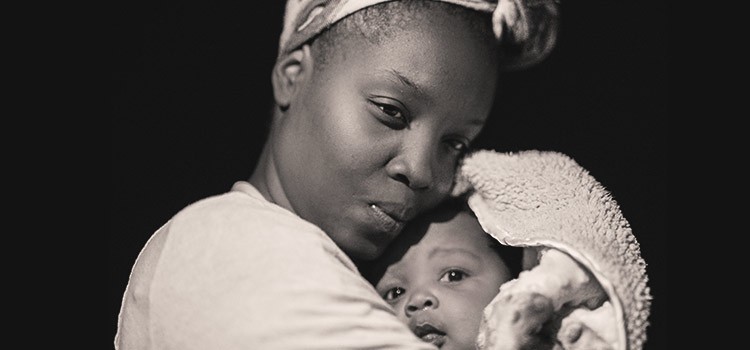Inversk Life
Maisha Stepping Up to Shape Mothers’ Mental Health in Kenya.

This year’s international women’s day finds me in Kenya. I accepted the challenge of Ruth Mwuara, the CEO of Thalia Psychotherapy, to discover the challenges African mothers are facing. This has led me into a courtroom near Africa’s largest slum, Kibera.
On the 4th of January, Khadija was arrested for not feeding her 6-month infant. Khadija, a mother of 4, is in court accused of trying to murder her child as revenge on the father who was reportedly marrying a second wife. From the photos, had Pamela, the eldest child not sought help, things might have turned out differently.
Adhiambo, Khadija’s lawyer, works for a nonprofit organization that seeks to represent suspects with known mental health problems in court.
Adhiambo looks tired as we are having lunch after Khadija’s case. This was the sixth case since morning, and she is already tired, three more to go. “Our legal system needs to change” she quips “how do you punish a sick person for being sick. I have seen too often the trouble that people with mental conditions are going through. They need to be in a hospital, not prison.
Postpartum depression occurs after giving birth, and it involves a persistent low mood. It is different from the “baby blues” that many new parents experience. Having postpartum depression does not mean that a person does not love their baby. It is a mental health condition, and treatment can resolve it. Anyone with symptoms should see a doctor immediately.
A study conducted by The World Health Organization (WHO) in 2019 showed that depression during or after childbirth affects approximately 13% of women during the postnatal period and 10% of women during pregnancy.
Mothers with maternal depression feel multiple symptoms such as a sense of hopelessness, withdrawn behaviours, severe mood swings, lack of concentration, and unexplainable pains and fatigue. Maternal depression has potential risks and fatal implications for the mother, child, and the entire family. This suggests that maternal depression can have multigenerational adverse effects.
A study conducted by BMC Women Health shows that maternal depression is a leading cause of disease burden for women worldwide; however, there are ethnic inequalities in access to psychological interventions in high-income countries (HICs).
African mothers in particular are more likely to suffer from postpartum depression than any other demographic due to their high birth rate. This means more women like Khadija are to be found in villages across Africa. Worse, the African health system and cultural practices seem to be ignoring mental health, leading to over 40 million mothers dying every year.
These are things you are not likely to hear in the news or reported to the authorities, which makes finding reliable data is difficult. WHO steps in, but only provides estimates. Though great progress is being made on this front, Kenya still has a long way to go.
Clearly, the time has come to pay attention to mental health. The scope of research must be expanded beyond the individual, and take a multidimensional approach to understand what’s behind women’s poor mental health. And it must consider women’s roles as mothers and partners as part of the equation. Otherwise, people like Khadija will fall through the cracks.
This is what makes programs such as MAISHA a noble quest, as it seeks to also provide reliable health data to help policy make informed decisions.
While relatively new, MAISHA seems to be making some of the right moves having attracted over 20,000 clients and growing. The program is a blend of both virtual and physical support. Through partnerships, they are already in over 450 hospitals and clinics. Ruth says they are targeting to be in 5,000 hospitals by the end of the year and have over a million clients. Moreover, they seek to have participated in more than half of all the diagnostic decisions being made in Kenya.
Ruth’s only regret is not starting MAISHA early enough to ensure mothers such as Khadija got the help they deserved. I remind in Kenya for the next 3 weeks to try and understand this silent killer of African mothers and what more needs to be done.
To celebrate this year’s International Women’s Day on 8th March, Maisha offered free postpartum depression screening and treatment.







